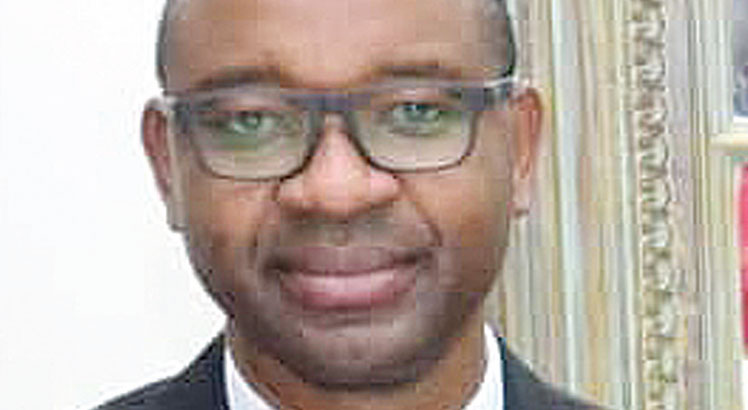CJ allocates same-sex case another judge
Chief Justice Rizine Mzikamanda has appointed High Court judge Chimbizgani Kacheche to replace Justice Mandala Mambulasa in hearing a case in which applicants want the court to declare the country’s sex laws unconstitutional.
Judiciary spokesperson Kondwani Banda confirmed the appointment of Kacheche yesterday.
Mambulasa recused himself from the case on April 27 2023 after the State protested his inclusion on a three-member Constitutional Court panel on grounds that before his appointment as High Court of Malawi judge, he publicly supported same sex and minority rights.
The case was adjourned to May 23 2023 for substantive hearing.
Private practice lawyer Victor Jere, representing the State and joined by Attorney General (AG) Thabo Chakaka-Nyirenda, argued that Mambulasa had written articles and made presentations in workshops in support of same sex/homosexuality rights.

In this regard, the State argued that Mambulasa’s presence on the panel would predetermine the case. Now the panel consists justices Joseph Chigona as lead judge, Vikochi Chima and Kacheche.
This application followed that of Jan Willem Akster in the magistrate’s court. Akster was arrested and charged with having carnal knowledge of seven male persons contrary to Section 153(a) of the Penal Code.
Akster was also arrested and charged for committing an act of gross indecency with one Kondwani Chaka contrary to Section 156 of the Penal Code.
The second applicant challenging constitutionality of the same-sex laws, Jana Gonani, was charged and convicted of two counts of obtaining money by false pretence contrary to Section 318 as read with Section 319 of the Penal Code and one count of committing
Section 153(c) of the Penal Code. an unnatural offence under
According to court records, Gonani argues that the Penal Code that criminalises consensual sexual intercourse between adult males violates his right to privacy, human dignity and non-discrimination.
The AG, in his skeleton arguments, argues that there is a presumption that all laws that Parliament enacts are constitutional and the burden to rebut this presumption rests on the person who asserts that the law is unconstitutional.
“The applicants [among others] are challenging Section 153(a) and (c) of the Penal Code, which provides that any person who (a) has carnal knowledge of any person against the order of nature, and (c) permits a male person to have carnal knowledge of him or her against the order of nature shall be guilty of a felony and shall be liable to imprisonment for fourteen years,” explains the AG.
A careful scrutiny of the impugned provisions, he says, would show that the impugned sections not only apply to homosexuals but, also, heterosexuals hence there are no elements of discrimination.
“We submit that the legislative means adopted by the legislature by enacting sections 153, 154 and 156 in the Penal code is reasonable and constitutionally valid,” the AG argues.
Lawyer Jere, on the side of the State, argues that all the provisions bearing upon a particular subject must be brought to bear and to be so interpreted as to effectuate the general purpose of the Constitution.
He argues that discrimination of persons in any form is prohibited and all persons are, under any law, guaranteed equal and effective protection against discrimination on grounds of race, colour, sex, language, religion, political or other opinion, nationality, ethnic or social origin, disability, property, birth or other status.
The applicants, through their lawyers, would be persuading the court to declare the same-sex laws unconstitutional, a situation, where if the court would agree with them, would render their criminal cases in the chief resident magistrate court in Blantyre to fall by wayside





